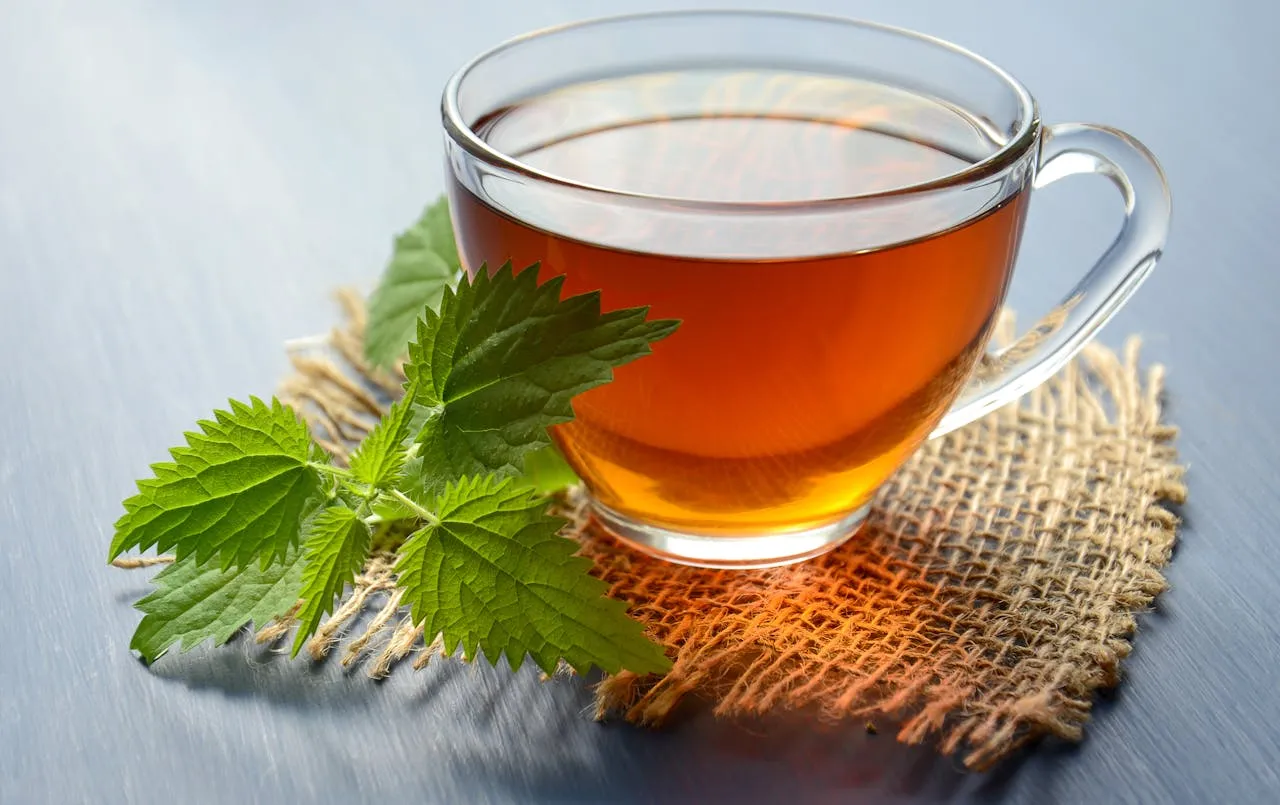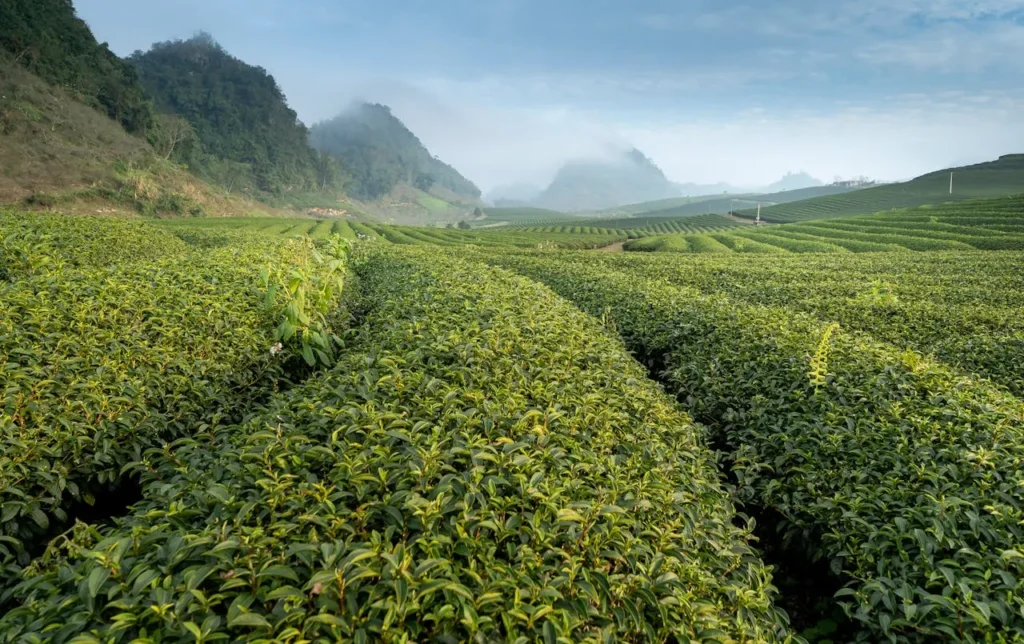
Jeju’s Sumang Green Tea Cooperative Boosts R&D to Create Functional Biomaterials from Local Natural Resources
Clean Jeju Green Tea Cooperative, widely known as ‘Sumang,’ a leading processor of agricultural, marine, and herbal materials sourced from the pristine environment of Jeju Island, has announced ambitious plans to broaden its research and development (R&D) efforts. The cooperative aims to advance the study and commercialization of functional biomaterials derived from Jeju’s rich natural resources, emphasizing its commitment to producing innovative, bio-based materials for the food, cosmetic, and pharmaceutical industries.
As a specialist in processing raw materials for high-value applications, Sumang has long focused on harnessing the unique qualities of Jeju’s agricultural and marine ecosystem. The cooperative’s work extends beyond conventional farming and processing, venturing into the development of functional bioactive compounds that can serve as natural ingredients in a variety of commercial products. These compounds include extracts with antioxidant, anti-inflammatory, and other health-promoting properties, which are increasingly in demand in both domestic and global markets.
According to Sumang, the expansion of R&D activities will involve close collaboration with multiple research institutions, universities, and industry partners. Green Tea The cooperative plans to establish joint R&D projects aimed at discovering novel biomaterials with enhanced functionality, stability, and market applicability. Through these collaborative efforts, Sumang hopes to accelerate the translation of research discoveries into commercially viable products, strengthening the position of Jeju-sourced ingredients in the competitive natural materials market.
The cooperative also highlighted its active presence at industry exhibitions, noting that it participates in two to three major international events in Korea each year. Green Tea These exhibitions provide Sumang with opportunities to meet with representatives from pharmaceutical, cosmetic, and food companies, holding consultation sessions to explore potential partnerships and applications for its bio-based materials. These interactions not only allow the cooperative to showcase the versatility and quality of Jeju’s natural resources but also help identify emerging market trends and customer needs.
Despite the current global economic slowdown, Sumang reports that interest in differentiated, high-value materials derived from Jeju’s clean natural environment continues to grow. Companies seeking functional ingredients with clear health benefits, natural origin, and sustainability credentials are increasingly turning to Sumang for solutions. This trend reflects a broader shift in consumer and industry preferences toward clean-label, eco-friendly, and scientifically validated raw materials, creating a favorable environment for the cooperative’s R&D-driven initiatives.
In its strategic roadmap, Sumang emphasized the importance of maintaining the purity and integrity of Jeju-sourced ingredients. The cooperative’s R&D activities focus not only on enhancing functional properties but also on ensuring that the materials retain their natural characteristics throughout processing and formulation. This approach is critical for applications in high-end cosmetics and functional foods, where product performance is closely linked to ingredient quality.
One key area of Sumang’s research involves bioactive compounds from Jeju green tea, which is renowned for its high antioxidant content and other health-promoting properties. By developing standardized extraction and processing methods, Sumang aims to create functional biomaterials that can serve as core ingredients for supplements, skincare formulations, and specialty food products. The cooperative also explores synergistic combinations of herbal and marine ingredients, leveraging Jeju’s diverse natural resources to create innovative multi-functional materials.
In addition to product development, Sumang is committed to advancing scientific knowledge through its R&D initiatives. The cooperative’s research teams conduct extensive analyses to characterize the chemical composition, bioactivity, and stability of Jeju-derived materials. Findings from these studies inform the development of new applications, improve processing techniques, and support regulatory compliance in domestic and international markets. By bridging the gap between traditional knowledge of Jeju’s natural resources and modern scientific methodologies, Sumang positions itself as a leader in the bio-based materials sector.

The cooperative also recognizes the strategic importance of intellectual property in the development of new functional biomaterials. As part of its R&D expansion, Sumang is actively pursuing patents and proprietary technologies to protect its innovations, ensuring that the unique qualities of Jeju-sourced ingredients are commercially leveraged while maintaining competitive advantages. This focus on innovation and IP development further strengthens the cooperative’s ability to attract industry partners and expand into new markets.
Looking ahead, Sumang plans to scale up its research infrastructure to support more comprehensive studies and pilot production of functional biomaterials. This includes investments in advanced laboratory equipment, extraction technologies, and analytical tools to enhance the precision and efficiency of its R&D operations. The cooperative also aims to expand its network of academic and industry collaborators, fostering knowledge exchange and accelerating the development of next-generation bio-based ingredients.
Sumang’s commitment to sustainability remains a central pillar of its activities. All R&D projects are designed with environmental stewardship in mind, ensuring that the sourcing, processing, and utilization of Jeju’s natural resources minimize ecological impact. By promoting sustainable practices, the cooperative not only safeguards the island’s ecosystem but also aligns with the growing demand for eco-conscious and ethically produced ingredients in global markets.
In conclusion, Clean Jeju Green Tea Cooperative ‘Sumang’ is poised to become a leading force in the development of functional biomaterials derived from Jeju’s natural resources. By expanding its R&D activities, engaging in strategic collaborations, participating in international exhibitions, and maintaining a focus on quality and sustainability, the cooperative seeks to meet the rising demand for natural, high-performance ingredients in the food, cosmetic, and pharmaceutical sectors. As interest in functional and eco-friendly raw materials continues to grow, Sumang’s innovative approach highlights the immense potential of Jeju’s clean environment and underscores the cooperative’s role as a pioneer in bio-based material development.
Through these efforts, Sumang demonstrates that it is not only a processor of natural ingredients but also a visionary organization shaping the future of functional biomaterials, delivering products that are scientifically validated, environmentally responsible, and commercially competitive. The cooperative’s ongoing research and development initiatives reaffirm its commitment to harnessing Jeju’s unique natural resources, ultimately contributing to the global movement toward healthier, more sustainable, and innovation-driven products.




